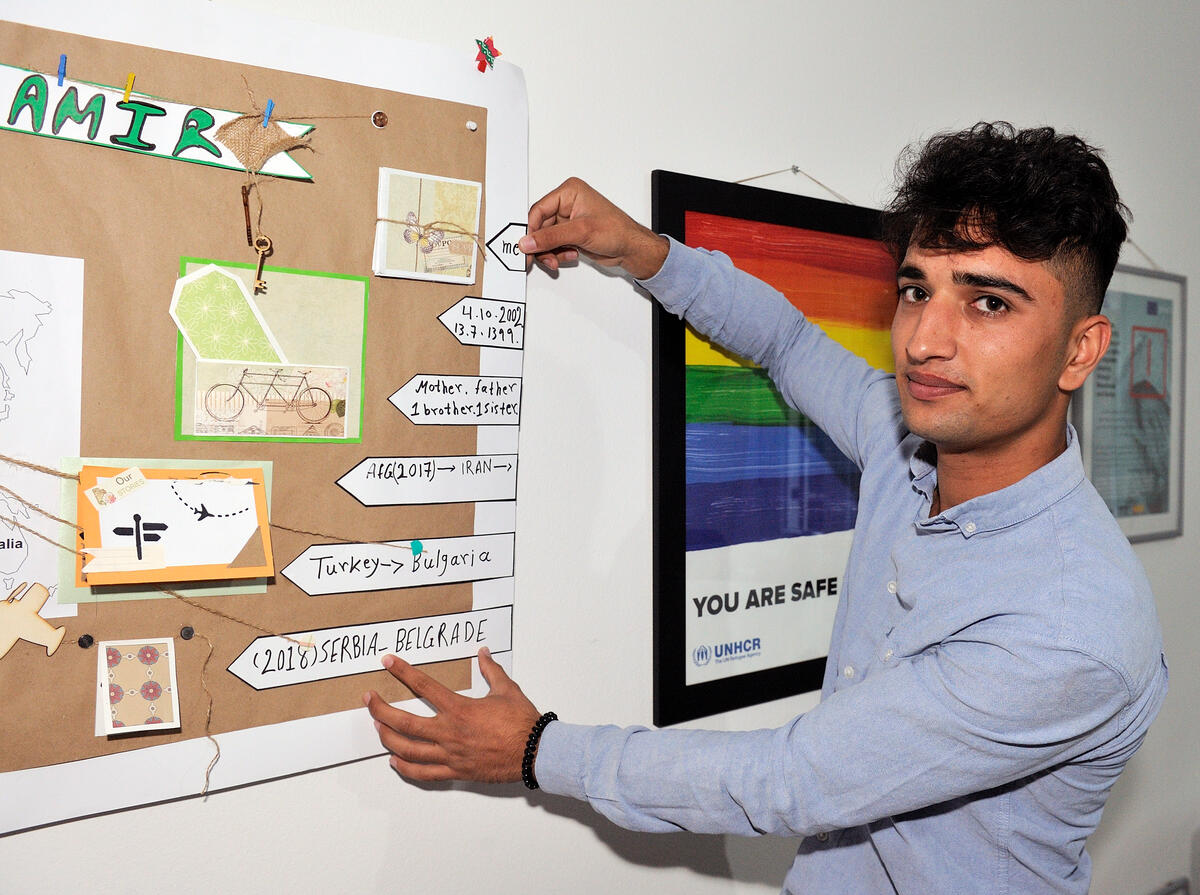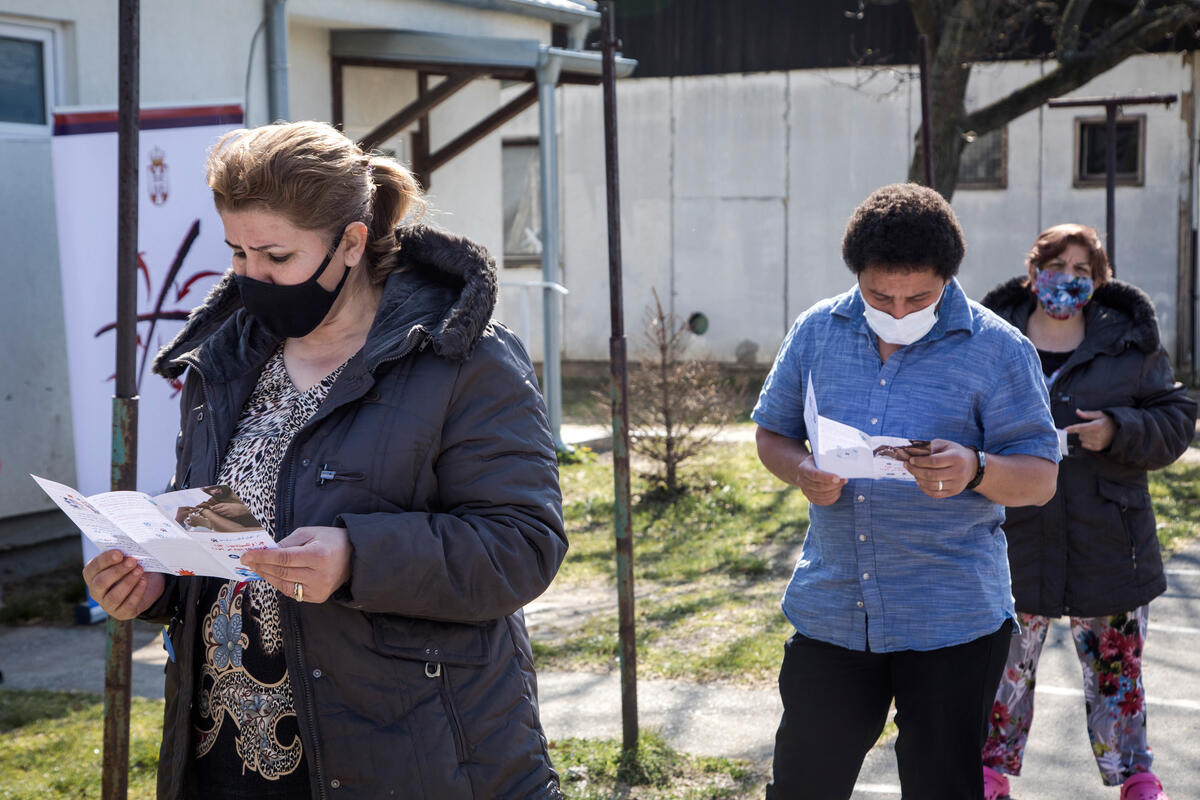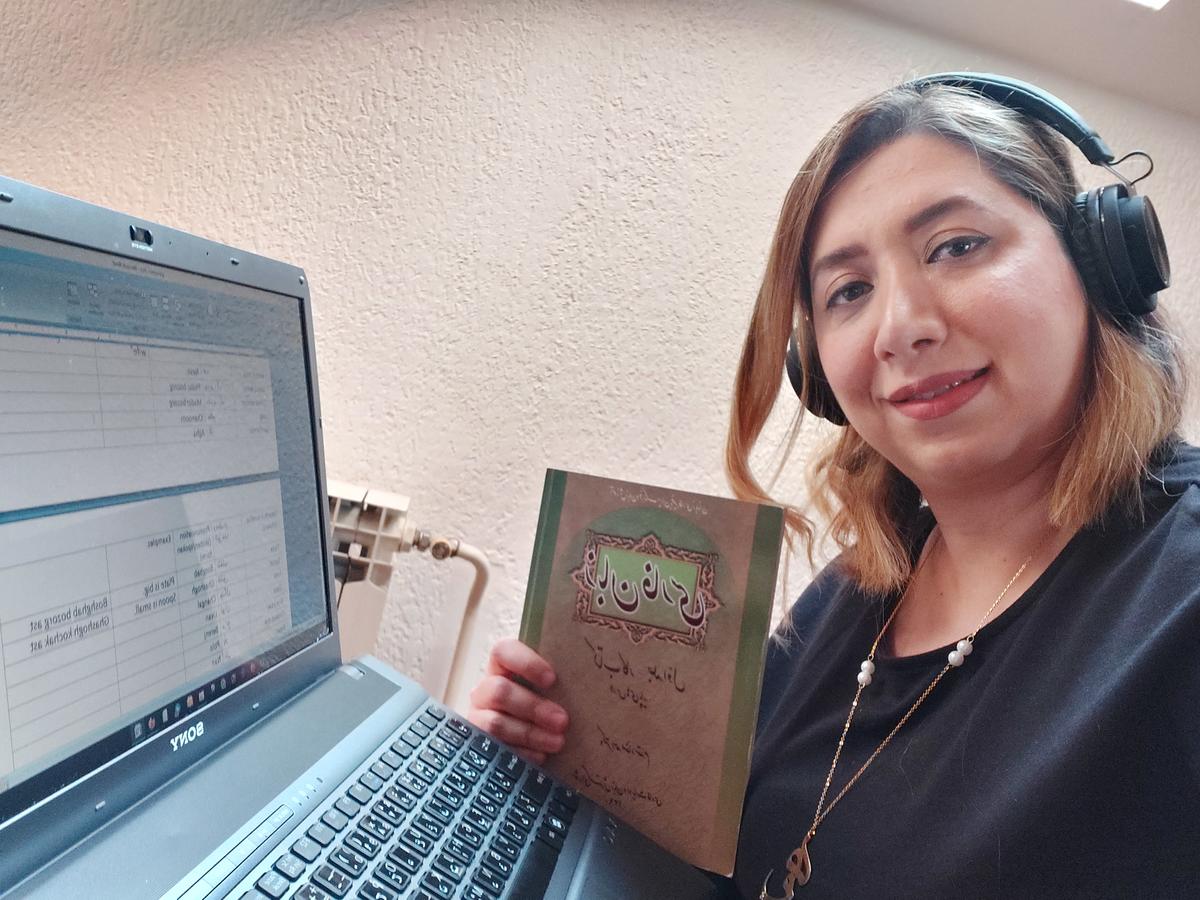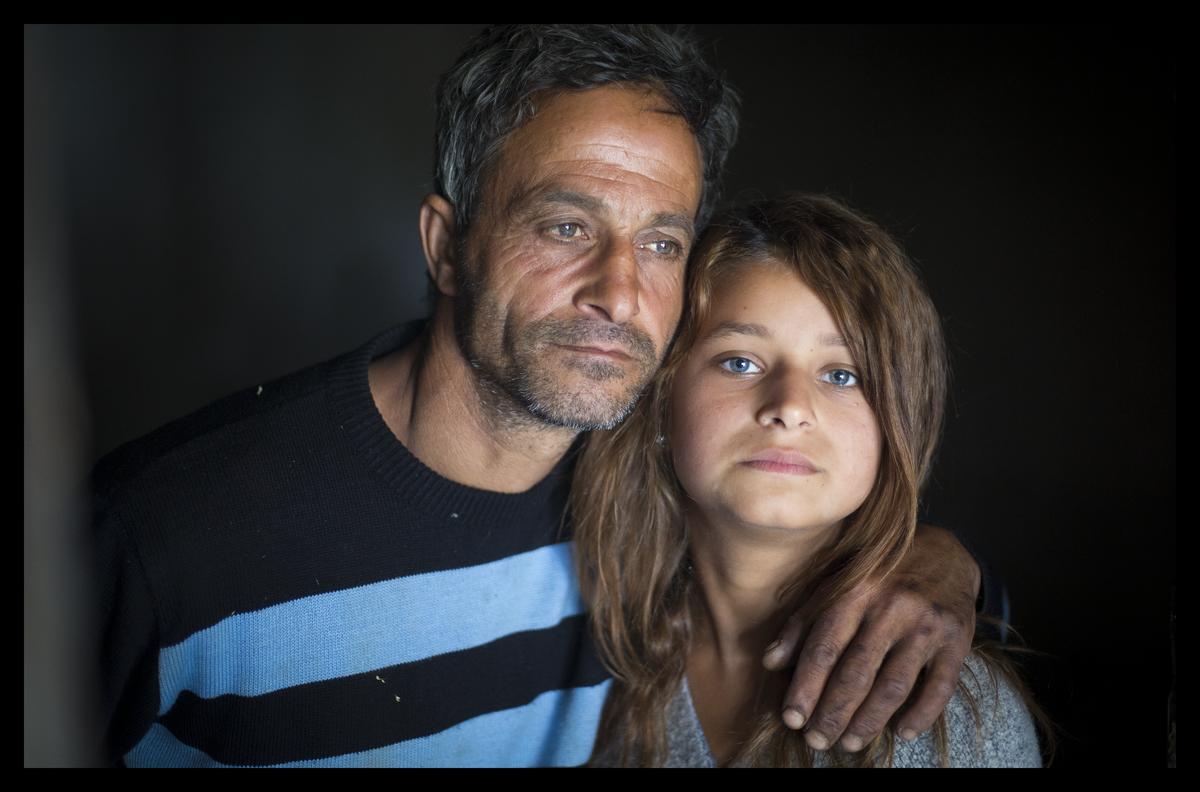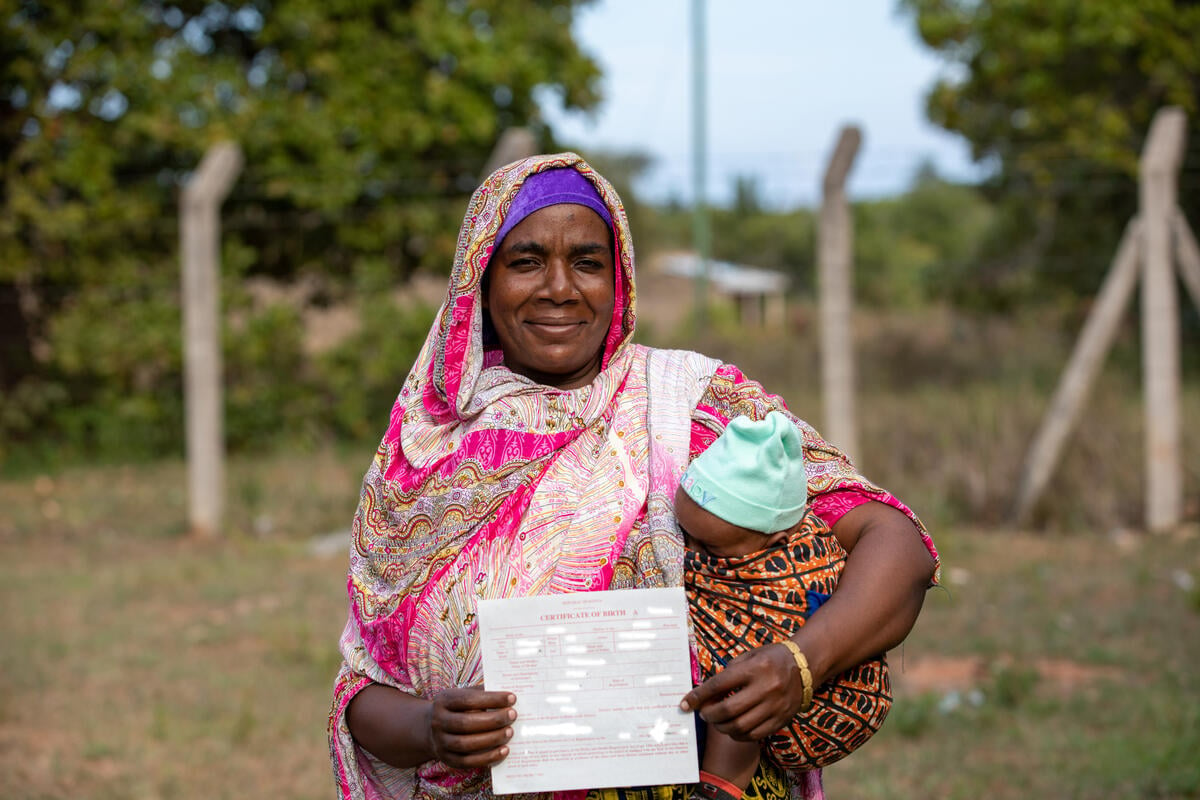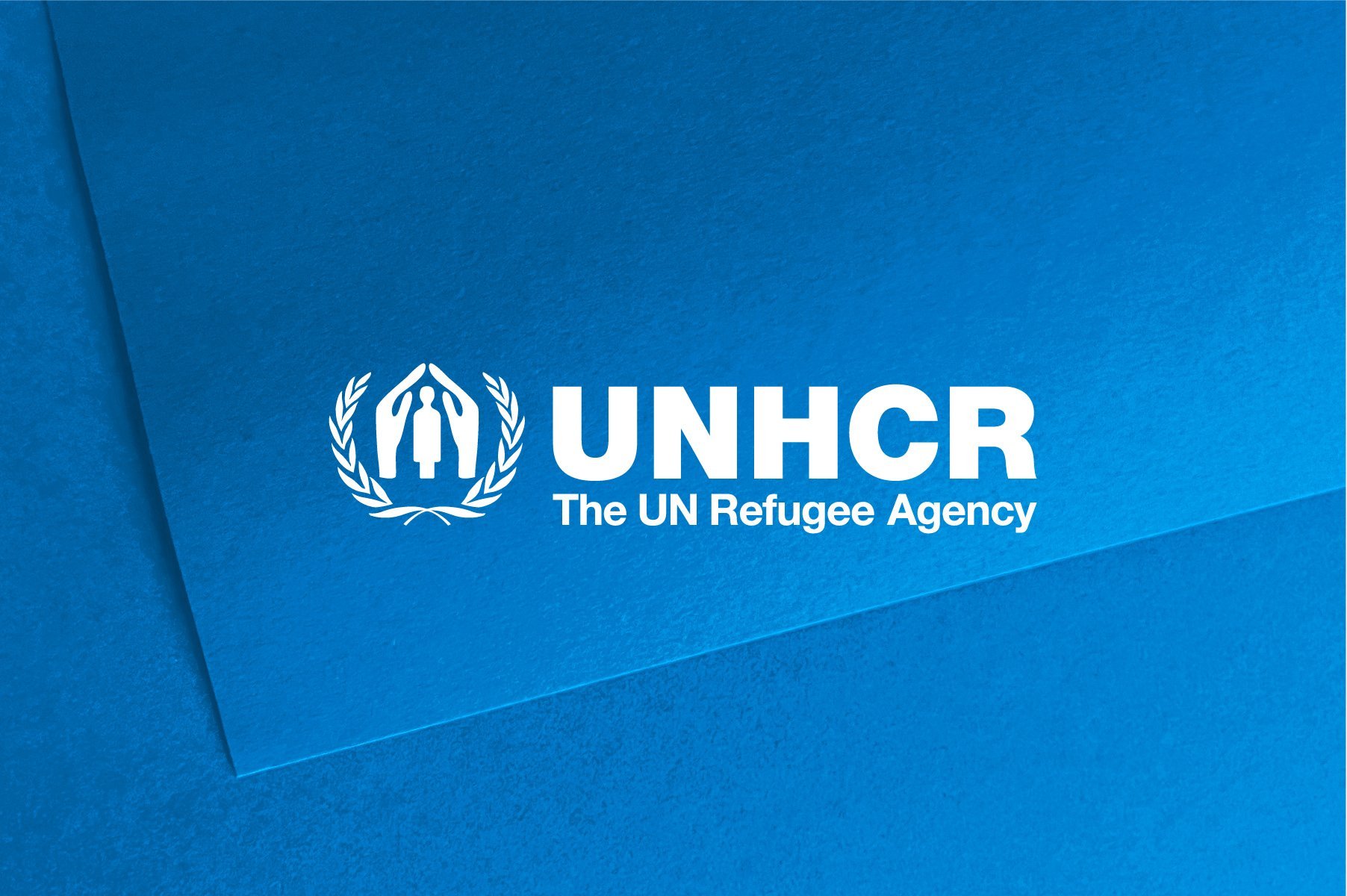Kosovo Crisis Update
Kosovo Crisis Update
Returns
Around 4,700 refugees came back to Kosovo last week from countries outside the Balkan region. Returns of displaced people and refugees from countries in the region dropped sharply to just 1,000.
Since returns began on June 15, more than 761,000 Kosovars have gone back to Kosovo. Some 715,000 Kosovars have returned from the region and another 46,500 from other countries in Europe, North America and Oceania.
Last week under the programme organized by UNHCR and the International Organization for Migration, 2,900 Kosovars flew into Skopje in the FYR of Macedonia and went by bus to Kosovo, while 900 took a direct flight to the provincial capital, Pristina.
From Albania, the number of returnees continued to drop with just 350 going back last week. More than 3,000 Kosovars arrived in Albania from countries in Europe - mainly Germany and Switzerland - on their way to the Serbian province, 1,000 of them returning permanently and the rest coming on visits.
Some returnees from third countries passing through Albania have been subjected to extortion and bandit attacks. UNHCR has initiated measures to enhance the security of the returnees on arrival at the port of Durres. The European Union Customs Assistance Mission is now monitoring the port and the Minister of Public Order has deployed special police to prevent extortion. A leaflet is being distributed to the returnees containing information on entry procedures and customs fees as well as general security advice.
From the FYR of Macedonia, around 190 people returned home to Kosovo last week; from Montenegro, 390 went back.
Results of recounts showed last week that 45,200 Kosovars remain in the region - 6,800 in Albania, 19,000 in the FYR of Macedonia, 8,000 in Montenegro and 11,400 in Bosnia and Herzegovina.
Kosovo
UNHCR remains extremely concerned at the continuing attacks against non-Albanians in Kosovo, and particularly against elderly Serbs, despite the extensive measures taken by the U.N. and KFOR to protect them.
In an incident Sunday night, a 78-year-old woman was beaten to death in her apartment. Tragically, she had been identified by UNHCR as a vulnerable case for possible evacuation. Several more incidents took place early this week, including the murder of an elderly Serb couple in their home in Prizren.
UNHCR's position has always been to make every effort to enable people to stay in their homes. However, priority has to be given to saving lives when people are at extreme risk. Evacuation is a last resort, used only in urgent, life-threatening situations. The vast majority of the estimated 180,00 Serbs and Roma who have left Kosovo did so on their own, around 50,000 before and during the NATO bombing and around 130,000 since then.
Fewer than 2,000 Serbs are believed to remain in Pristina, which had a pre-war population of at least 20,000. Most of those remaining are elderly, disabled or isolated and have difficulty looking after themselves.
There were some positive developments. At the heavily populated Roma areas of Dubrova and Salahane in Urosevac, overall security seems to have improved. UNHCR is arranging a dialogue among the various communities for a long-term solution to ethnic problems in the region, where Roma families are returning from the FYR of Macedonia.
Since resuming aid operations in Kosovo, UNHCR has signed 14 agreements with NGOs to implement aid projects in the province. Another 9 are due to be concluded shortly. The latest agreements include the emergency distribution of relief in Gnjilane, community services in Mitrovica, Pristina and Urosevac and a study on the feasibility of operating a shuttle bus service in sensitive mixed areas to build up confidence.
Delivery of relief items from the FYR of Macedonia and Albania continues. Since the lifting of customs inspection fees in early August by the Skopje government, there has been a steady flow of aid trucks bringing in urgently needed shelter materials.
UNHCR has placed high priority on its shelter programme, a collective effort that includes major players such as the European Community Humanitarian Office and the U.S. Agency for International Development. A recent "rapid village assessment" of 450 villages coordinated by UNHCR showed that 50,000 houses are uninhabitable. Improved roof repair kits are now arriving in Kosovo for distribution to the most vulnerable groups.
Federal Republic of Yugoslavia
A UNHCR team led by Special Envoy Dennis McNamara last week visited areas in Serbia proper hosting some of the 180,000 Serbs and Roma people who have fled from Kosovo into other parts of the Federal Republic of Yugoslavia.
In meetings in Belgrade at the ministerial level, McNamara discussed implementation of UNHCR's $60 million programme in the FRY, not including Kosovo, this year. He also called for the immediate release of the three CARE-Australia staff who are imprisoned in Serbia. They were arrested in late March and convicted of espionage.
The treatment of NGOs is of vital concern to UNHCR in Yugoslavia, in view of their importance in providing assistance to some 500,000 refugees from Bosnia and Croatia as well as to the IDPs from Kosovo.
CARE-Australia has played a major role implementing UNHCR's programme in Serbia and UNHCR hopes this issue can be resolved as soon as possible.
In another development, UNHCR and WFP announced the results of a food survey in July showing that 770,000 people in Serbia and Montenegro not including Kosovo - refugees, displaced and vulnerable local populations - will need food assistance in the coming months.
"Without international support, a widespread human tragedy during the next winter months seems very likely," says a report on the survey issued in Belgrade on Monday.
Targeted beneficiaries are the 140,000 internally displaced people from Kosovo, 330,000 of the 500,000 refugees from Bosnia and Croatia, 300,000 pensioners and other social cases.
Each of these people needs a monthly ration of 12 kilos of wheat flour, 1 litre of vegetable oil, 1 kilo of beans, 1 kilo of sugar and 150 grams of salt.
The survey shows a general decline in the country's economy caused by years of economic sanctions. Recent conflicts have aggravated the situation considerably, triggering more unemployment, a drop in government revenue and increased social welfare needs.
Average salaries of $55 a month are now hardly sufficient to cover basic food costs of the few people who are employed and receiving salaries. An estimated 2-3 million people now live near or below the poverty line. Production of wheat in 1999 has decreased by approximately 30 percent due to reduced planting, bad weather and lack of farm inputs.
Republic of Montenegro
UNHCR is reviewing with its NGO partners in Montenegro plans to help refugees and displaced people in the coming winter. Activities include identifying and repairing houses and collective centres and distribution of blankets, mattresses, firewood, stoves, clothes and shoes.
Potential sites are being assessed by UNHCR in Ulcinj for the construction of apartments as part of the local settlement project for refugees from Croatia and Bosnia.
UNHCR and the International Committee of the Red Cross will conduct an initial village survey in the northern municipalities to assess the numbers and living conditions of displaced persons. Mechanisms are being worked out to conduct a thorough registration of the displaced in Montenegro in mid-late September, since the population should be fairly stable by that time.
Albania
Beginning 1 September, the international security force in Albania, known as AFOR, will assume a new role as a support and logistics unit for KFOR, the NATO contingent in Kosovo. The new 2,500-strong force, named Communications Zone West, will maintain the supply line between the western port of Durres and the Kosovo border. While the force will cease to function as a support to humanitarian agencies, it will continue to carry out infrastructure work, including road repairs from Durres to Kukes and the access road to Rinas National Airport in Tirana.
Award
UNHCR received the Gjergj Kastrioti Skenderbeu award from the President of Albania on 12 August for assistance to Kosovo refugees and the families that hosted them. The award, which includes a medal and a certificate, is the highest decoration conferred to civilians by the Albanian president. AFOR and WFP received a similar award during the ceremonies.


